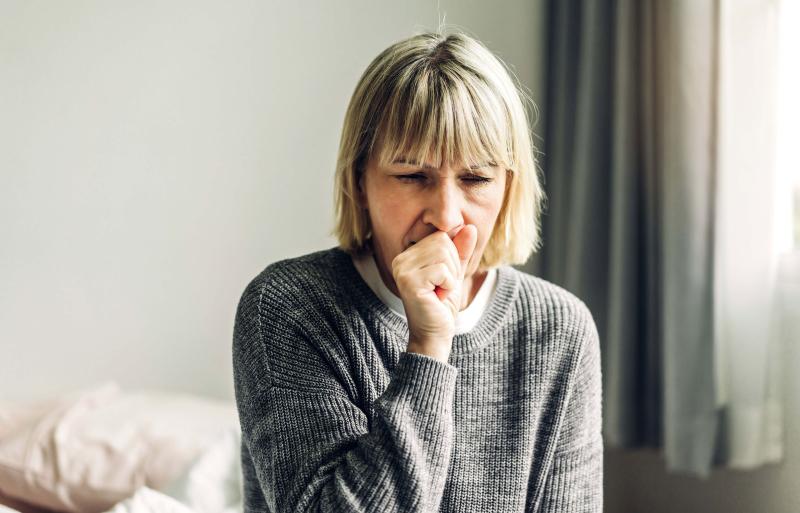COVID-19 and pneumonia
I tested positive for COVID; now the doctor says I have pneumonia – which is it?
It may be both. Pneumonia can be caused by COVID-19.
Pneumonia is a lung infection that causes inflammation in the air sacs inside your lungs, and it causes severe shortness of breath. These tiny sacs fill up with fluid and pus and make it hard to breathe. It can be caused by viruses, including COVID-19, along with other organisms such as bacteria.
Classic COVID-19 symptoms include sore throat, runny nose, sneezing, new or worsening cough, shortness of breath or difficulty breathing, a temperature of 38C or more, fatigue or weakness, chills, muscle or body aches, loss of smell or taste, headache, abdominal pain, diarrhea and vomiting. If your COVID-19 infection is causing pneumonia, you may also experience severe shortness of breath, rapid heartbeat and rapid breathing, dizziness and heavy sweating on top of those symptoms.
Often, it’s the patients with severe pneumonia caused by COVID-19 who end up needing critical care.
“It’s important that if you start to feel significantly worse, develop shortness of breath or have a cough that produces chest pain that you seek medical care,” noted Dr. John Froh, deputy Chief Medical Officer, pandemic and Emergency Operations Centre co-chief of Defensive Operations with the Saskatchewan Health Authority.
Pneumonia is a serious complication and requires treatment. If you experience symptoms, it is important to seek medical help.



